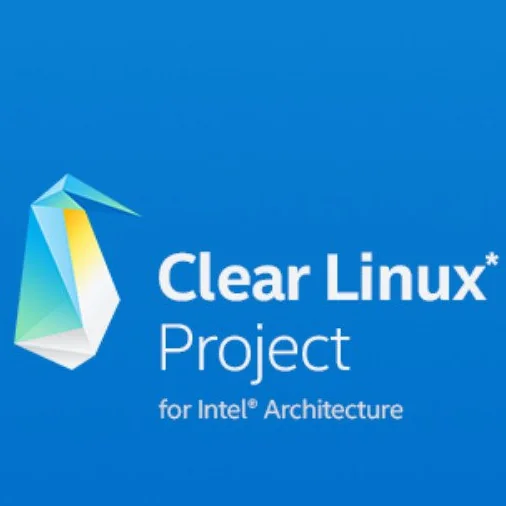Clear Linux Shedding More Light On Their "Magic" Performance Work

Their first post in their "behind the magic" series is on transparent use of library packages optimized for Intel's architecture... While they are optimizing for their own hardware as one would expect, let's not forget, Clear Linux does run on AMD hardware too; they are not doing any voodoo magic, which is why it pains me that more Linux distributions have not taken such a stance for better out-of-the-box speed. In fact, it runs on AMD hardware darn well as we have shown with our Ryzen and EPYC benchmarks. Obviously Intel tweaks their software packages for their own x86_64 CPUs, but even when testing on the AMD hardware Clear Linux tends to perform the best in terms of out-of-the-box performance and that Intel isn't doing anything to sabotage the performance otherwise.
With this first post it's explained how as of Glibc 2.26 there is support for a single binary library that can be optimized for multiple different platforms and the optimal platform selection is handled at run-time. This can be used just not by Intel but other vendors/architectures too, but sadly so far the adoption of it seems to be fairly minimal. Intel developers are also using this Glibc functionality to tune their performance for Xeon Phi hardware.
If you are interested in more of their technical information behind their use of this Glibc feature for exploiting more performance out of the software, see the latest post at ClearLinux.org. Next up they are expected to talk about their PGO tuning and boot time optimizations.
38 Comments

